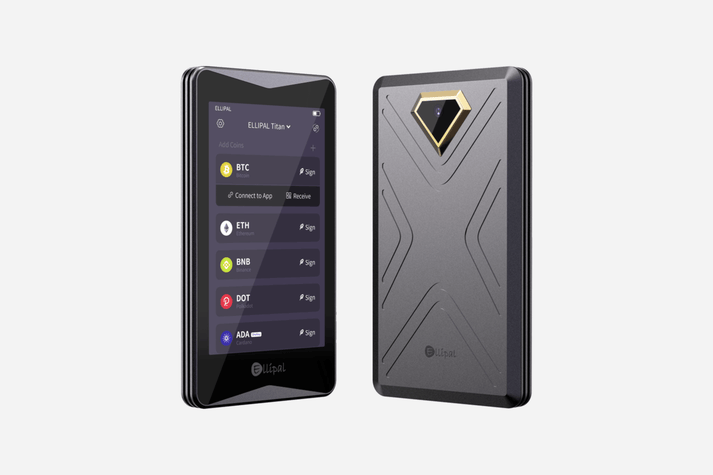Unlock the Secrets: Discover the Ultimate Crypto Wallet for Your Digital Wealth!
In the rapidly evolving world of cryptocurrency, having a reliable and secure way to manage your digital assets is crucial. Crypto wallets serve as the gateway to your virtual wealth, allowing you to send, receive, and store cryptocurrencies safely. With the market experiencing explosive growth and attracting millions of new investors, the importance of choosing the right wallet cannot be overstated. As you dive into the world of digital currencies, understanding the differences among various crypto wallets on sale will empower you to make informed decisions, ensuring that your investments remain safe and accessible.

Understanding Crypto Wallets
Crypto wallets are digital tools that allow users to interact with various blockchain networks. They come in several forms, each with unique features and functionalities. Hardware wallets, for instance, are physical devices that store your private keys offline, providing an additional layer of security against hacking attempts. Software wallets, often found as applications on computers or smartphones, offer convenience and user-friendly interfaces, but they may be more vulnerable to malware. Mobile wallets are designed for ease of use on the go, while web wallets allow access from any device with internet connectivity. Each type of wallet plays a vital role in the cryptocurrency ecosystem, catering to different user needs and preferences.
Factors to Consider When Choosing a Crypto Wallet
When selecting a crypto wallet, several key factors should guide your decision-making process. Security features are paramount; look for wallets that offer strong encryption, two-factor authentication, and backup options to safeguard your assets. The user interface also plays a critical role, especially for beginners—an intuitive design can simplify the process of managing your cryptocurrencies. Compatibility with various cryptocurrencies is another essential consideration; some wallets support a broader range of coins than others, allowing for more flexibility in your investments. Additionally, consider the reputation of the wallet provider and user reviews, as these can provide insights into the reliability and performance of the wallet you choose.
Comparing Crypto Wallets on Sale
As you explore the various crypto wallets available for sale, it’s useful to analyze their advantages and disadvantages. Hardware wallets are often praised for their unmatched security, making them ideal for long-term storage. However, they can be less convenient for everyday transactions. On the other hand, software wallets offer quick access and ease of use, appealing to active traders, but they may expose users to online threats if not managed properly. Mobile wallets provide portability, allowing users to transact on the go, yet they can be susceptible to vulnerabilities in mobile operating systems. Web wallets offer seamless accessibility from any device, but users must ensure they are using trusted platforms to mitigate risks. Personal accounts from friends highlight these differences vividly; one friend lost a substantial amount due to a phishing attack on their web wallet, while another has never faced issues with their hardware wallet. Such experiences underscore the importance of understanding the strengths and weaknesses of each wallet type before making a purchase.
Common Mistakes to Avoid When Buying a Crypto Wallet
When it comes to purchasing a crypto wallet, users often fall into common traps that can jeopardize their investments. One prevalent mistake is neglecting security measures; many users focus solely on price, opting for cheaper options that may lack robust security features. Additionally, overlooking the importance of backups can lead to devastating losses if a wallet is lost or damaged. Another pitfall is failing to research user experiences and expert opinions, which can provide valuable insights into a wallet's reliability. To avoid these mistakes, take your time to thoroughly evaluate your options, prioritize security, and consider your long-term cryptocurrency goals when choosing a wallet.
Making Informed Choices in Crypto Wallets
In summary, selecting the right crypto wallet is a critical step in managing your digital wealth effectively. By understanding the different types of wallets, the factors that influence their functionality, and the common mistakes to avoid, you can make an informed decision that aligns with your needs. Remember, thorough research is your best ally in this journey. As the cryptocurrency landscape continues to evolve, having a secure and user-friendly wallet will ensure that your investments remain safe and accessible, allowing you to navigate this exciting market with confidence.







